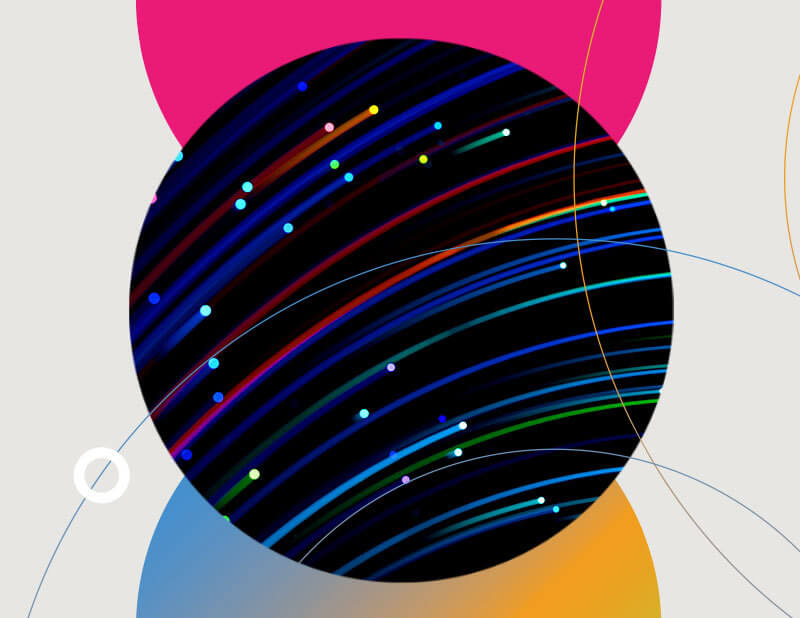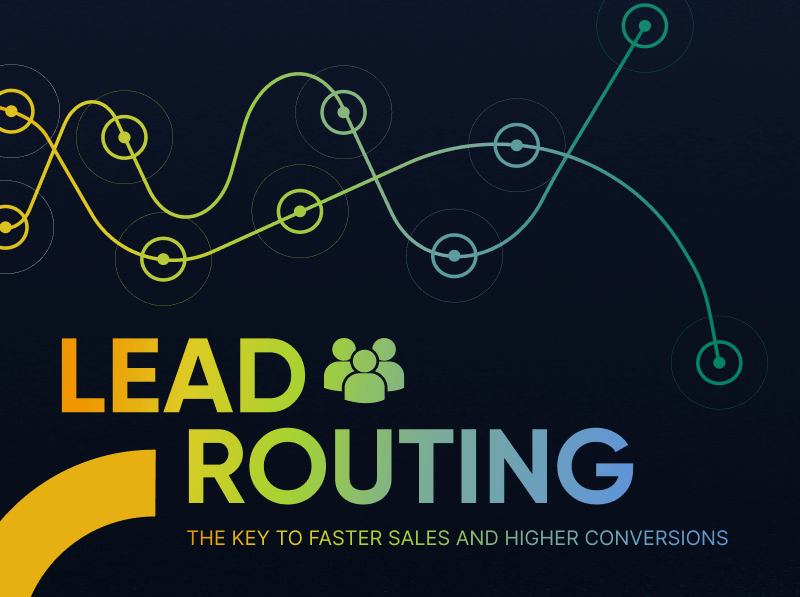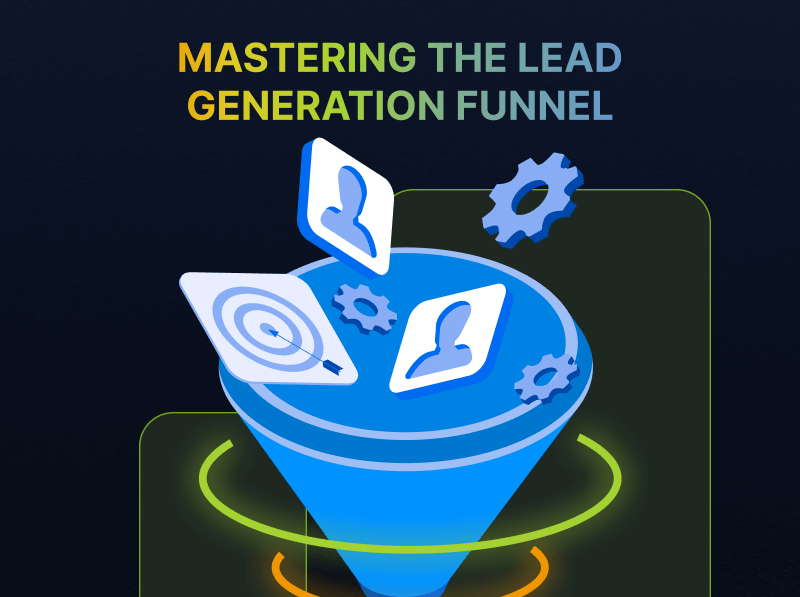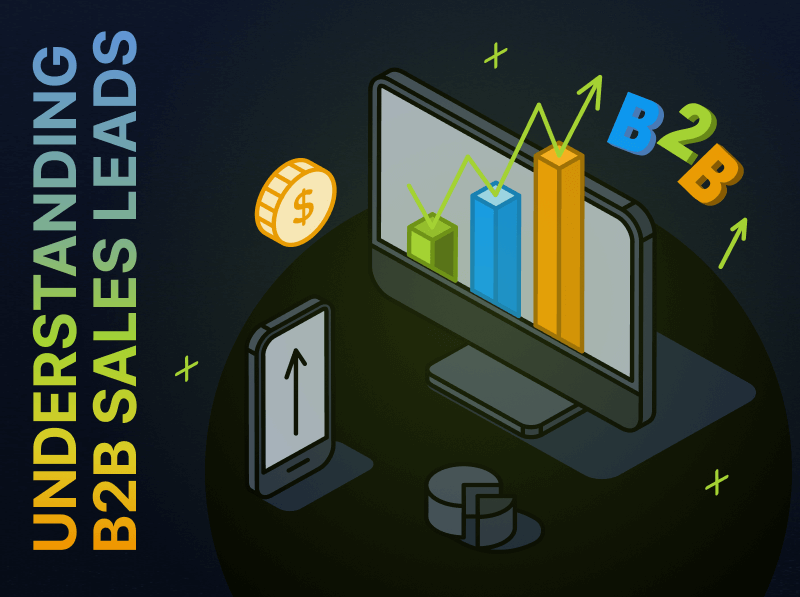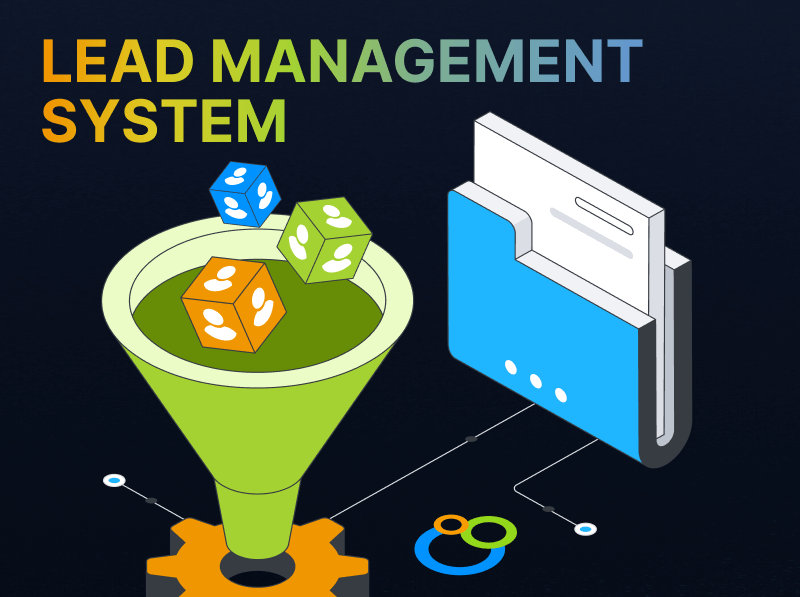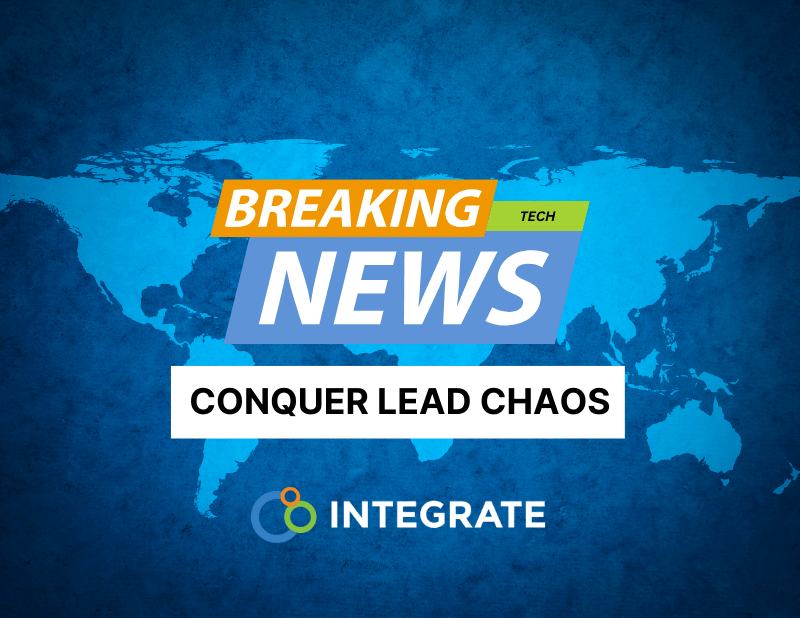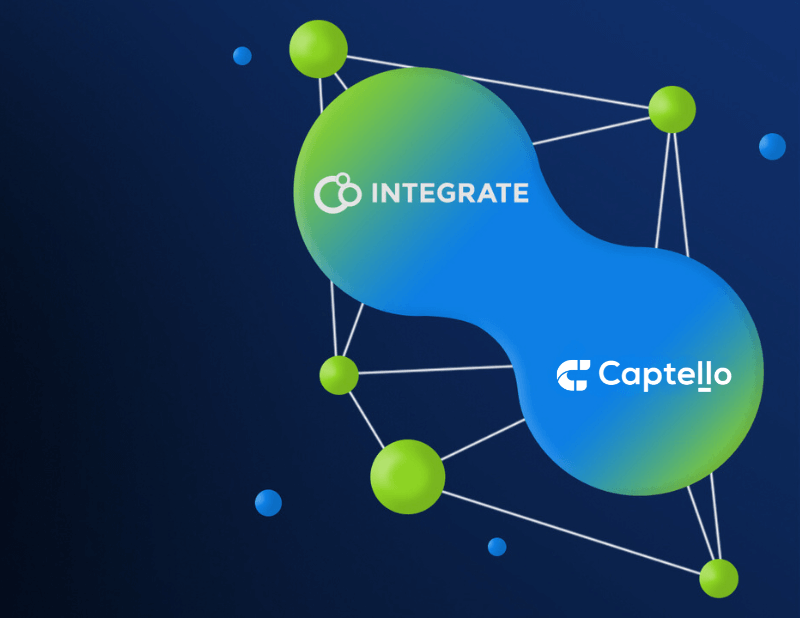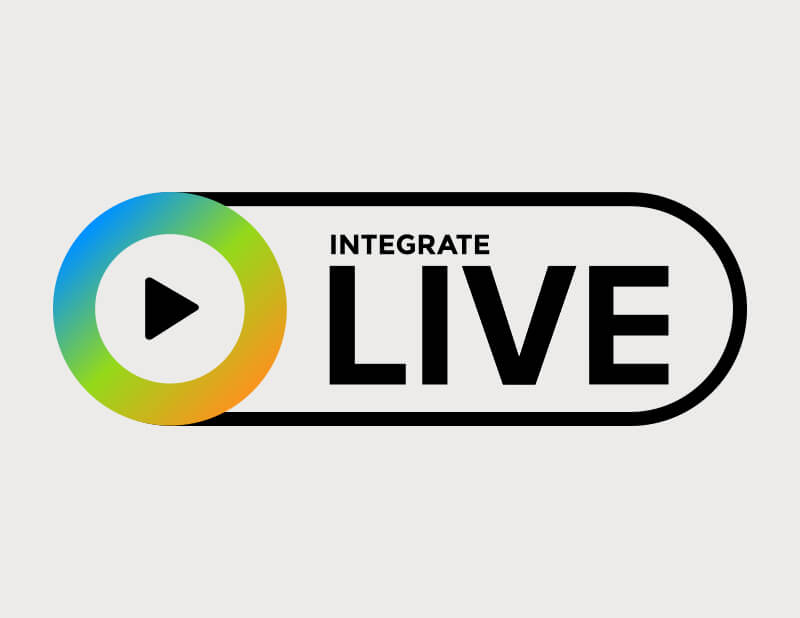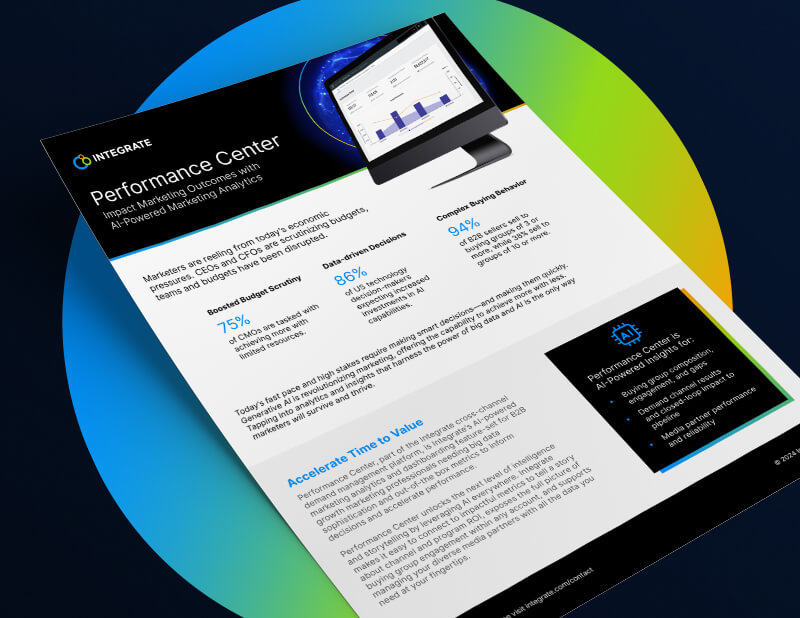It’s a Brave New World for B2B Marketers: Here’s How to Navigate
One year ago, this month, I was standing at the back of a crowded industry conference ballroom in San Francisco. I’d just wrapped up a few software demos for prospective buyers at our company booth and had a short break to take in a little of the bustling conference we were hosting. I stepped inside two heavy ballroom doors just as the lights begin to dim and murmured conversations lapsed into whispers; the keynote speaker took the stage — it was Joseph Pine II, co-author of the bestselling book The Experience Economy, one of the top 100 business books of all time.
You might not expect Mr. Pine to be a keynote speaker for an HR technology audience. But his presentation couldn’t have been more perfectly timed for an industry currently experiencing a roaring economy, record low unemployment, high numbers of unfilled jobs, and extreme talent scarcity where the best candidates were off-market in fewer than 10-days. In fact, Mr. Pine was an ideal speaker for hitting home the point that a differentiated and compelling experience was key to retaining and attracting top talent – defining ‘experience’ as a delivery of services from which a “rich, memorable, and distinctive customer interaction is constructed.”
One week later, everyone’s idea of experience literally changed overnight when the World Health Organization declared COVID-19 a global pandemic; little did we know the world we knew would never be the same.
Why the Experience Economy is More Relevant than Ever to the B2B Buyer Experience
Fast-forward 12 months. While our brave new world isn’t as bleak as the dystopian future described in the classic book, it is, in many ways, as foreign and different to us. In-person events are still on hold as we struggle to retrofit indoor events and activities to prevent COVID-19 transmission. Numerous large companies have done away with large corporate campuses and allowed workers to work entirely or mostly from the remote locations of their choice. The #cutepets Slack channels are our new workplace water coolers.
Amidst these changes, Mr. Pine’s notion of an “experience economy” is arguably more important than ever, albeit with a new, digital twist. The onset of the global pandemic sent B2B Marketing teams scrambling to re-invest in virtual events and live webinars as a lifeline for continuing conversations with customers and re-engaging prospective buyers who were now completely remote and more dependent than ever on digital channels for information, outreach, and decision-making.
And it pushed us to figure out how to meaningfully connect through digital channels – not just through digital events – without coming across as lurkers, spammers, and creeps who create ill-timed, irrelevant, or repetitive digital interactions that cause buyers to go dark. Poor first impressions irreparably damage buyers’ experiences because they overwhelmingly “remember negative experiences above the positive ones.” Perhaps even more significant, every negative interaction requires “three positive experiences to neutralize its impact.” For Marketers relying on the “rule of seven,” one better hope that the first digital touchpoint nails it, otherwise consider the conversation over. Behavioral science tells us the first 90 seconds are the most crucial for creating a positive impression; in the virtual world, where experiences matter, it’s less than a click.
Consequently, B2B buyers went exclusively digital and predominately covert in their research this past year, spending less than 6% of their time with sales reps, significantly reducing sales teams’ sphere of influence as buyers relied almost entirely on the quality of their virtual interactions for making accelerated purchasing decisions. With the rollout of new COVID-19 vaccines underway, hope is on the horizon as we enter into a tremendous period of transition, witnessing industries regroup and consolidate, business sectors rebuild, and consumer confidence rebound. However, experts caution the unlikelihood of returning to the world we knew pre-pandemic. Times have irreversibly changed and so, too, have our buyers.
The Experience Economy says, “Fundamentally, customers do not want choice; they just want exactly what they want.” The same can be said for today’s B2B buyers. With the burden shifting digitally to Marketing from Sales for creating and delivering the meaningful experiences buyers want, 2020 made clear the rules of engagement with them have changed.
What Buyers Want in 2021
So, what exactly do B2B buyers want? According to recent research by Forrester, B2B buyers crave “empathetic and highly-tailored interactions” as a result of their reliance on digital channels. For Marketers, this means the “one-and-done” single-channel touchpoint is virtually meaningless without more…without a personalized experience surrounding it. Not to mention, current, prevailing wisdom says B2B buyers now require between 11 and 13 touches before a connection is made that influences them to take some overt action and engage with us.
There’s no disputing it – today’s buyers call all the shots in the purchasing process, expecting “to engage with us using the channel of their choice at any given moment in time” and at any point they choose. After all, it’s their process. If Marketers have any hope of meeting buyers’ expectations and capturing their attention before competitors do, then figuring out how to be always-on and “open for business” across all demand channels is imperative for first-mover advantage. Further, managing and making sense of even more data, spurred from these multiple, cross-channel touchpoints, is mandatory for scaling demand efforts to meet buyers on their terms. If it isn’t yet obvious, B2B Marketing has significantly become that much harder, particularly when the omnichannel experience Marketers must now deliver can and will be used against us, especially when buyers make all the rules.
Today, we are aptly reminded only ONE process matters – the B2B buyer’s process, and research tells us that process must be connected, personalized, and responsive to buyers’ needs and expectations. The time has finally come for us to say goodbye to random acts of Marketing because B2B buyers expect more. If there’s one thing we learned from 2020, it’s this: it’s a buyers’ world, and we’re just living in it.
Deliver Better Buyer Experiences with Precision Demand Marketing
The Experience Economy tells us that experiences should be delivered “in accordance with the needs of the customer” and tailored for circumstances. Similarly, some B2B Marketing teams are starting to deploy a buyer-driven demand approach that indexes high on delivery of omnichannel, personalized experiences, which we refer to as “Precision Demand Marketing.” Specifically, Precision Demand Marketing empowers B2B Marketing teams to deliver the right message at the right time and in the right way, meeting B2B buyers where they exist – across all demand channels – to convert both qualified known and unknown buyers in an orchestrated effort that scales demand.
As I was preparing to write this post, I pulled out my old, marked-up copy of The Experience Economy that I received at that conference one year ago. I flipped through to the end, where there’s a section that speaks to what comes after the Experience Economy: “experiences should yield transformations” whereby the greatest opportunities come as a result of delivering “lasting value” through a series of personalized, “unified events.”
At Integrate, we call this orchestration — the unification of a series of demand touchpoints to create a personalized experience for buyers and accounts that delivers value, in order to both engage and ultimately convert them. Either way, I’d say we’re on the right path — the buyer-driven path — delivering lasting value in new and differentiated ways as part of our demand strategy. Whether it’s the “new normal,” the “next-normal,” or the “never-normal,” as has been dubbed the period of our (hopefully soon) post-pandemic world, it’s a brave, new world for B2B Marketers where transitioning markets and evolved buyers now require us to think different…more precise.
We may not control the buying process, but we absolutely can control the delivery of the buyer’s experience. It’s a new era in B2B Marketing – let’s orchestrate something meaningful for buyers.
